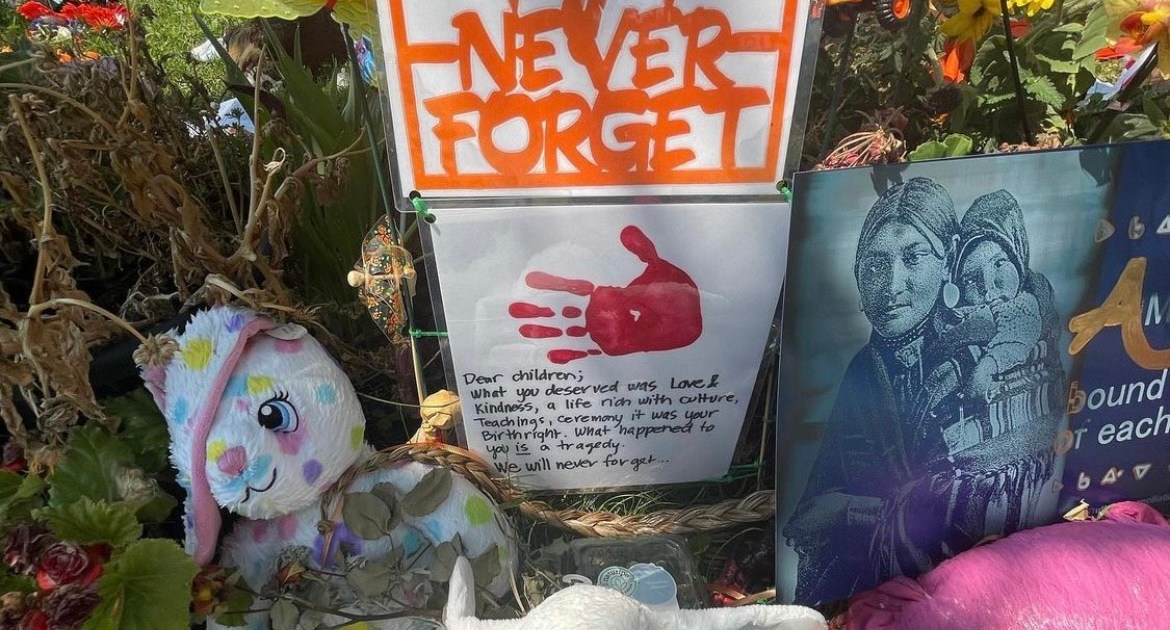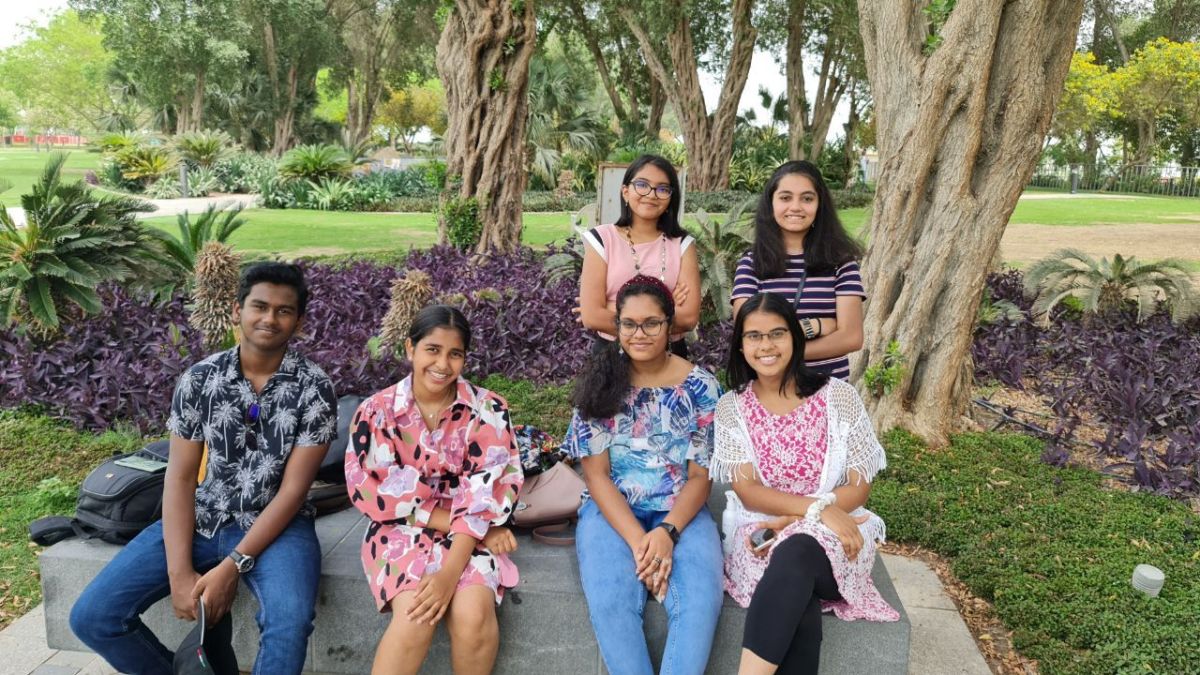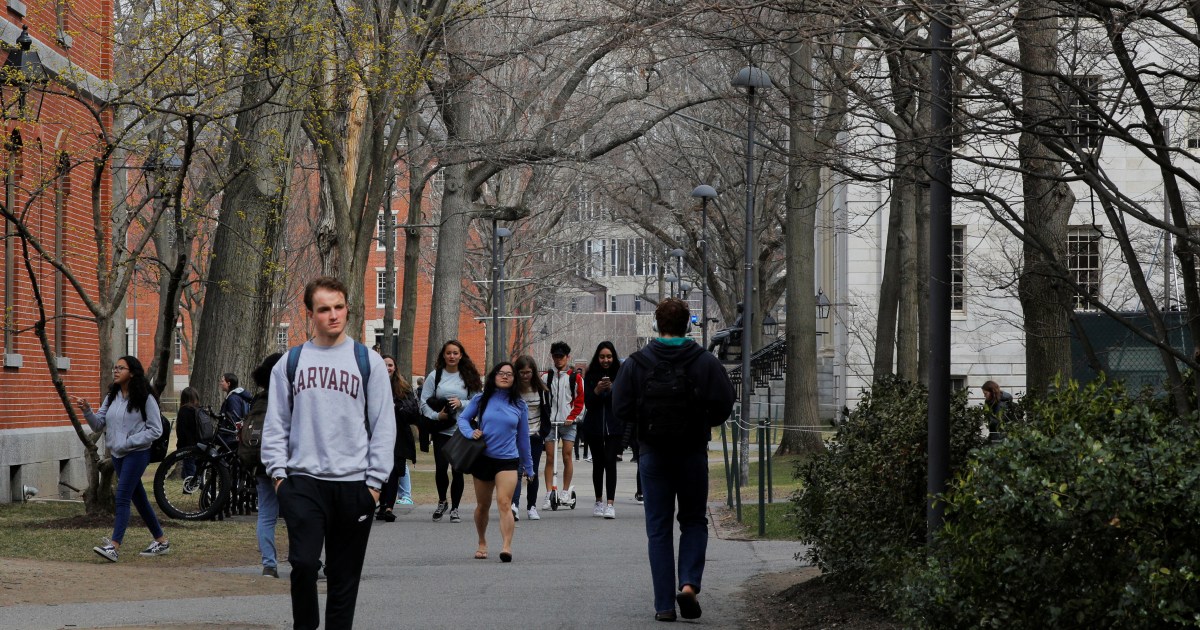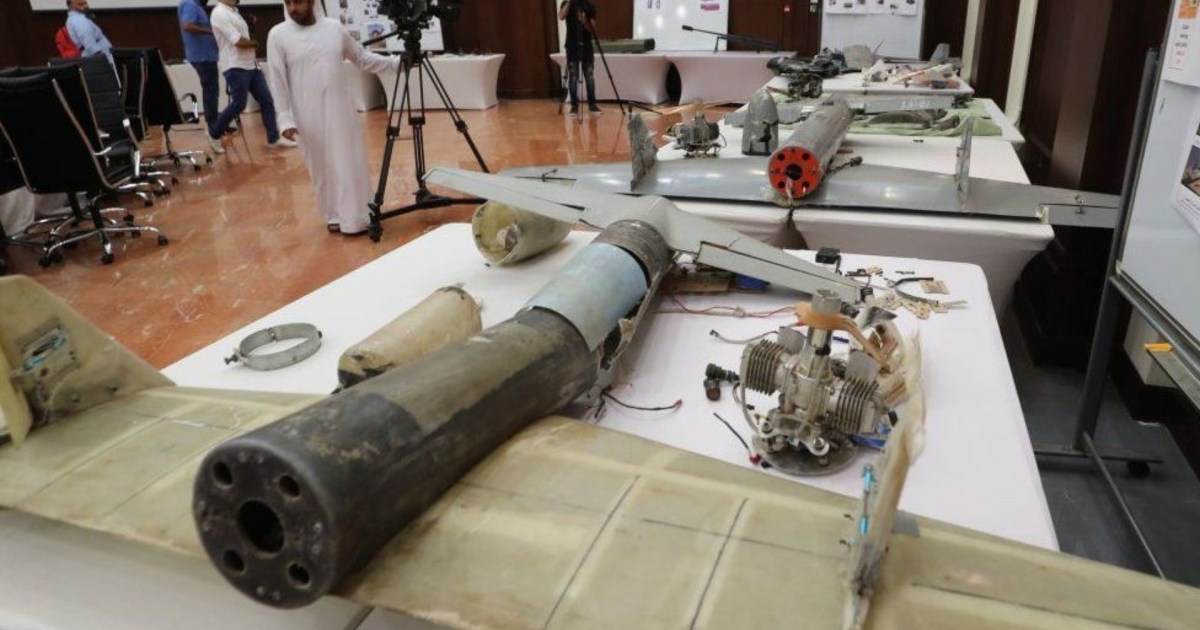Telling Indigenous stories: ‘I’m fighting to be heard’ | Indigenous Rights
I shoot up from the bed in my hotel room, my heart pounding so hard I can hear it echoing outside of my body. It takes me a few seconds to realise I’m not dying, that it’s the recurrent nightmare I have been having for two and a half years, the details of which I don’t always remember. I rush to the toilet and splash water on my face, take a few slow, deep breaths to calm down.
This is the norm for me when I’m out reporting on stories of Indigenous Peoples. It’s gotten to the point where I must carry a bottle of prescription sleeping pills to help in case I’m so wound up by adrenaline and stress that I cannot fall asleep. Sometimes, I don’t sleep for days when on assignment, distressed by police intimidation, fearing that the person who sent me a death threat might follow through with it.
Each time I go out, it feels like I’m headed into a war zone. A war of oppression, trauma and brutality against those whose stories I’ve been fighting to bring to the world’s attention; in the hope that the world will care and stand with them to demand equality and justice for them.
And yet I’m often fighting to be heard in the very industry I work in.
There was a time when the voices of Indigenous Peoples were completely silenced. The media played a huge role in that, both in Canada and across the world. Several years ago, I decided to tell these stories after I realised that much of Canadian society had become apathetic to the plight of Indigenous nations.
When I became a storyteller over a decade ago, I was hungry to seek out and share the stories of my Indigenous people.
It was only a couple of years into my journalism career that I began focusing solely on Indigenous stories after realising that they are often told in a discriminatory and biased way by the mainstream media.
I’m what some call mixed blood, French Canadian from my father’s side and Cree/Iroquois through my mother’s family.
While reporting, every native elder’s face I looked at, reminded me of my kohkum (grandmother), who passed away in 2008. She was a survivor; of colonisation, residential school abuse and struggled with alcoholism, but she was a warrior; proud of her native roots and loved her family from the depths of her being in her 74 years on this earth.
Seeing displaced families, the trauma they have had to endure and the addictions they have been dealing with, brought back memories of my own family’s struggles. Each of us, through several generations, has been impacted by colonial violence, residential school horrors and the devastation that ensued.
A troubled relationship
Meanwhile, the media was helping to perpetuate this violence by failing to report on the rampant injustices. And when on the rare occasion the media did report on our communities, they mostly got it wrong. All of it – our people, our culture, our history, our ongoing struggles.
I was insulted and heartbroken. So, this work became my life’s mission. But it required determination because going where few have gone before isn’t easy. You have to get your hands dirty, do difficult work on the ground. It is hard to gain the trust of people who are often still hurting from trauma, and to build relationships, to do justice to their stories. And learning the culture, protocols and traditions of each sovereign nation is just the first, but a significant step, in this process. All this extra effort must be put in without any expectation or guarantee of payment for it.
These stories often have strong ties to people’s lives, and require a deep dive to explore and expose the multiple layers of systemic abuse and brutality. The mainstream media’s template of storytelling does not even begin to do them justice as it only allows journalists, who are often parachuted in, to barely scratch the surface.
To further complicate this, the relationship between Indigenous Peoples and those in the media and the government – mostly non-Indigenous – is troubled. Our stories are interpreted and presented from the white colonial mindset, which dominates mainstream media. A system, which I believe, must be challenged and dismantled.
Indigenous journalists are now taking steps to decolonise the media, telling the truths that have never been told. In doing so, they are challenging historical untruths. For too long, there have been colonial power imbalances within the media, enabling the colonial narrative to be put forward.
We, as journalists, have the power to amplify the voices of the marginalised, to effect social and political transformation, and to better the lives of those who bear the brunt of widespread abuse.
Reclaiming the narrative
Decolonising the media, however, is a foreign concept in media circles.
It will require a major shift in the traditional power structures so the reins can be handed back to the people whose stories are being told. As an Indigenous journalist, I understand the importance of sharing these stories through an Indigenous lens, presenting their struggles based on their lived experience and worldview. It is a crucial step towards reclaiming the narrative.
Doing this work is about reconciliation too, and that requires two sides. Editors and people in positions of power making key decisions on content need to support and invest in Indigenous and BIPOC storytellers – so our journalism is not dismissed as “activism” or we are not accused of being too close to the story.
After all, non-Indigenous journalists are never labelled as activists when they tell stories of and from their communities.
This is just one step towards lessening the burden that the Indigenous Peoples have been carrying. There is a whole lot more that needs to change for their issues to be resolved.
But there appears to be a lack of political will to take necessary steps to address the challenges that the Indigenous Peoples in Canada are confronted with – the drinking water crises, the missing and murdered Indigenous women and girls, land dispossession, desolate infrastructure and housing, the overrepresentation of Indigenous population in the prison systems, and the list goes on.
I believe it’s because the government and the authorities don’t care and are terrified of being found out. Canada touts its vision of reconciliation to the world as righting the wrongs of the past. But the wrongs are still continuing. Canada is neither ready to face this truth itself nor does it want the world to find out the extent of it. Hence it’s using tactics of delay and bureaucracy to downplay this “race-based genocide”, leading to apathy in the media.
But our voices are being heard now and the veil of secrecy is being lifted.
The graves of Indigenous children were shown to the world this summer.
As an Indigenous journalist, I’ve covered countless harrowing stories of the missing and murdered Indigenous women and girls. I’ve stood at the places where their bodies were dumped like rubbish. I’ve held their loved ones as they mourned. I’ve cried with survivors of the abuse in the residential school system, those fighting ongoing land displacement, enforced poverty as well as families of those lost to this epidemic of violence. I’ve shared the pain of their injustice.
The living and the lost
In a country like Canada, admired by the world as a bastion of human rights, I often wonder how they’ve been able to get away with such atrocities for so long.
I’m tired of collecting the stories of dead bodies. I’m done with being treated like I’m someone the perpetrators and powers that be can threaten and intimidate because they want to continue to stifle these truths.
I will no longer be silenced or intimidated. I’m determined to fight back to stop the violence that is driven by political, economic, institutional, and societal racism and oppression.
Around the world, the lives of our people are in danger every day. Threatened, stolen, beaten, abused, and killed.
We are all in this together. Our women are the life-givers, the daughters, the sisters, the caretakers of this earth – they are being violated much like our sacred Mother Earth. And our Mother is tired of the mistreatment and the destruction. She has been roaring in fury – the earthquakes, the wildfires, the storms, the floods, the death, the chaos. These are the cries from our Mother Earth – demanding honour and respect – much like our mothers on this earth long for honour and respect.
I add my voice to those who cry out for justice – the living and the lost.
I believe we will be heard, we will be seen, and we will kindle the fires of justice across these lands, for generations to come. And we will not stop until the world is ablaze with hope, with peace, and with love.
The views expressed in this article are the author’s own and do not necessarily reflect Al Jazeera’s editorial stance.




